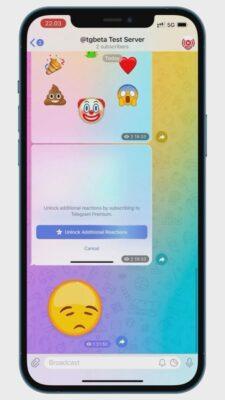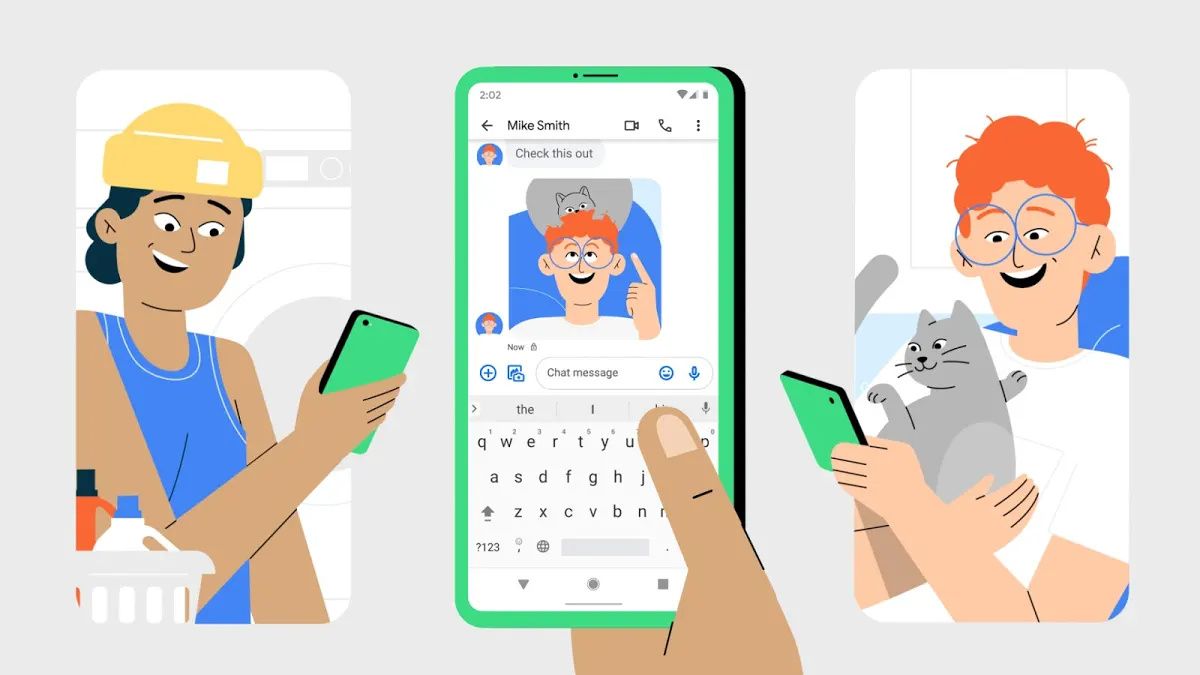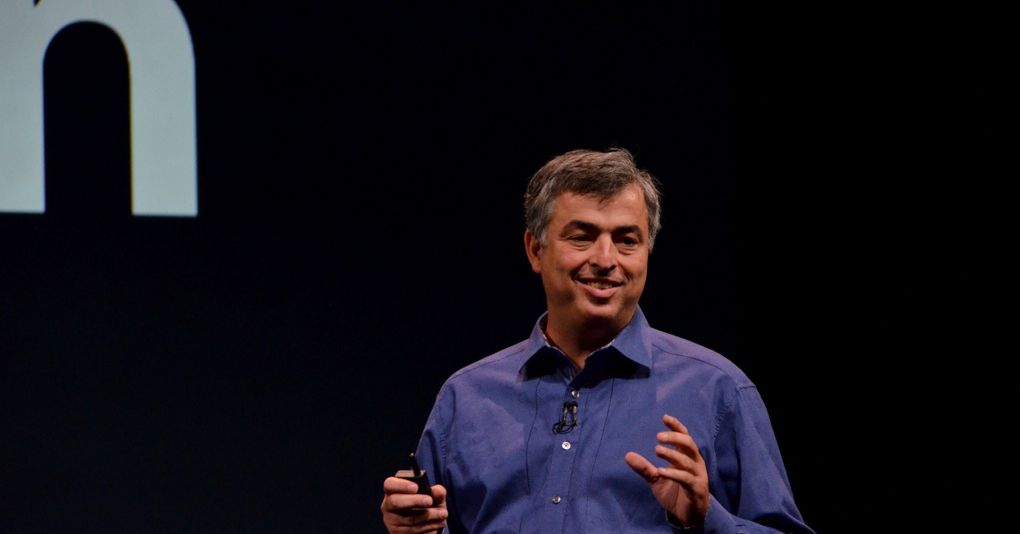#instantmessaging
Telegram Premium beta goes live on iOS, offers exclusive stickers and reactions, but won’t be seen by free users

Telegram is one of the most feature-packed instant messaging apps out there. Since its inception, Telegram’s funding has largely come out of the pocket of Pavel Durov, the founder of the service. But as the service continues to amass new users and climbs new heights of success, the start-up is now looking for ways to monetise the platform. Last year, Telegram started testing Sponsored Messages (read advertisements) in public channels with more than 1000 subscribers. Now the company appears to be readying another monetisation tool that may soon ask users to pay to unlock additional features.
At the time being, Telegram Premium is exclusive to the iOS app, but it will likely expand to Android too once the wider rollout ensues. Android Police notes that premium stickers won’t be visible to free users in conversations. Instead, they will see a banner telling them to “unlock additional reactions by subscribing to Telegram Premium.”
I just think that making the features actually visible to free users would firstly be better for the Premium users actually using them (they get to show it off), and also it helps spread the message about what the features would be like to use to help encourage free users to go Premium. I don’t see the point of paying for Premium if all my family just see blank stickers. But let’s first see how it actually works in practice I suppose.
See https://www.xda-developers.com/telegram-premium-beta-ios/
#technology #telegram #instantmessaging
#Blog, ##instantmessaging, ##technology, ##telegram
Facebook’s Apps Went Down. The World Saw How Much It Runs on Them.
#socialmedia #instantmessaging #computernetworkoutages #computersandtheinternet #antitrustlawsandcompetitionissues #mobileapplications #regulationandderegulationofindustry #facebookinc #instagraminc #whatsappinc #bogotacolombia #brazil #colombia #latinamerica #manitobacanada #mexico #mexicocitymexico #riodejaneirobrazil #news
Matrix - An Open Network for Secure, Decentralised Communication
Matrix is an open source project that publishes the Matrix open standard for secure, decentralised, real-time communication. You can self-host and federate, or join existing servers, to enable instant messaging, text chat in chatrooms, voice and video chat, file transfer, and even bridging between many other networks such as IRC, XMPP, Signal, Telegram, WhatsApp, RSS, Facebook Messenger, Discord, Slack, and many more.
End-to-End-Encryption, device verification and trust, replication of chatrooms for redundancy, are all hallmarks of Matrix. It can serve as a secure communications platform for governments with roving diplomats, or for end users be an alternative to Signal, Telegram and WhatsApp.
It is the opposite of a walled garden, with its vision of acting as a generic HTTP messaging and data synchronisation system for the whole web - allowing people, services and devices to easily communicate with each other, empowering users to own and control their data, and select the services and vendors they want to use.
Watch at Matrix - An Open Network for Secure, Decentralised Communication
#technology #opensource #security #privacy #instantmessaging #matrix #alternativeto #selfhosting #federated #decentralised
Matrix is an open source project that publishes the Matrix open standard for secure, decentralised, real-time communication. You can self-host and federate, ...
https://gadgeteer.co.za/matrix-open-network-secure-decentralised-communication
End-to-end encrypted RCS Chat messaging is now available for more users in Google Messages
Google began rolling out end-to-end encryption at the end of last year for select Google Messages beta users who have enabled Chat, Google’s implementation of RCS. End-to-end encryption ensures that conversations stay encrypted from when they leave your smartphone, to when they arrive at the other end. There is no server-side decryption, meaning that data can’t be collected in the middle from the servers that pass your messages along. This is a selling point of many texting applications like Signal as it’s a major step towards ensuring the privacy of a user, and now it’s finally rolling out to more users who use Google Messages.
Of course, until either RCS (Rich Communications Services) or iMessage is available across both Android and iOS, neither will be a solution to universal messaging or replacing SMS. Ironically, as I understand it, both depend on Tim Apple! RCS needs to be a standard independent of just Google alone as we've seen how many times Google changes its mind over messaging apps, and having iMessage controlled by a single company is also not a universal solution.
See Encrypted messaging is now available for more users in Google Messages
#technology #RCS #E2EE #instantmessaging
End-to-end encrypted messaging is now rolling out to more users in Google Messages, giving RCS another advantage over SMS.
How China's Tencent Avoided an Antitrust Push, For Now.
#tencentholdingsltd #beijingbytedancetechnologycoltd #meituan #china #computersandtheinternet #instantmessaging #politicsandgovernment #ecommerce #antitrustlawsandcompetitionissues #mobileapplications #socialmedia #venturecapital #entrepreneurship #finespenalties #regulationandderegulationofindustry #news
Eddy Cue wanted to bring iMessage to Android in 2013 - Not surprisingly Big Tech's want to lock users into their own Walled Gardens
This is the reason why I've never used an OEMs app that is unique to them only (well also because I have many friends using different phone brands and OSs). Even when I had an iPhone 3 (and now an iPhone 12 Pro) and a Samsung Android phone, I always stuck to using a service that was generally available across devices.
So yes that was why it was easy for me to switch from an iPhone to Android, and back again now in 2021 to an iPhone. Inter-operability and compatibility is what we as consumers should be demanding and ourselves choosing. The point is of all my colleagues, and friends and family, are using different phones and OSs. We should resist using a product locked only into one ecosystem.
There is a rumour (and only that) that Apple may consider adopting RCS, and if so that would change the game somewhat (and will have some effect on WhatsApp, Telegram and others). SMS was a universal messaging standard dictated by the cellular networks, but it does not look like Big Tech companies will voluntarily support a single standard otherwise. What we should have though is a mandatory open standard used by all that is not aligned to any specific brand or provider. This is something consumers should push governments to adopt.
A parting thought: Imagine a world with no single standard for e-mail or SMS messaging...
See Eddy Cue wanted to bring iMessage to Android in 2013
#technology #openstandards #apple #instantmessaging #bigtech
No more green bubbles.
End-to-End Encryption (E2EE) vs Client-to-Server Encryption is not the same and many messaging services incorrectly claim to do E2EE
Only messaging services which enable full E2EE from one end-user all the way through to the destination end-user have true E2EE. Too many services in fact just have transport layer encryption (TLS) between end users and the server in the middle, which means all your communications could be intercepted at either end or from the server in the middle.
Sales people often market E2EE meaning that their server forms one end of the communications, full knowing that end users will be duped into thinking the encryption is through to their end destination.
With true E2EE there is no way to intercept or alter the message from the server side, and no way to recover any message at the server end without your private encryption key. So always ask yourself why a service provider can reset your password or access to your data on their servers or their cloud (they're essentially using a back door). This is also why Telegram's default messaging (not secret chats) are insecure, and why Zoom or Skype can hook in phone calls into many video conferences.
You either have security or you don't have, there is no 80% secure. Security is not always convenient because convenience introduces vulnerabilities.
See End-to-End Encryption vs. Client-to-Server Encryption | Wickr
#technology #security #privacy #E2EE #instantmessaging
Describing a communication tool as “secure” generally implies that it protects all communication through encryption and authentication. While encryption is crucial, how it is used makes all the difference in the world.
Regardez "Matrix in the French State What happens when a government adopts open source & open standards for a…" sur YouTube https://youtu.be/9cjUzftDuoQ
Tags: #opensource #instantmessaging #Tchap #riot #matrix #FOSDEM #2019
via dandelion* client (Source)












